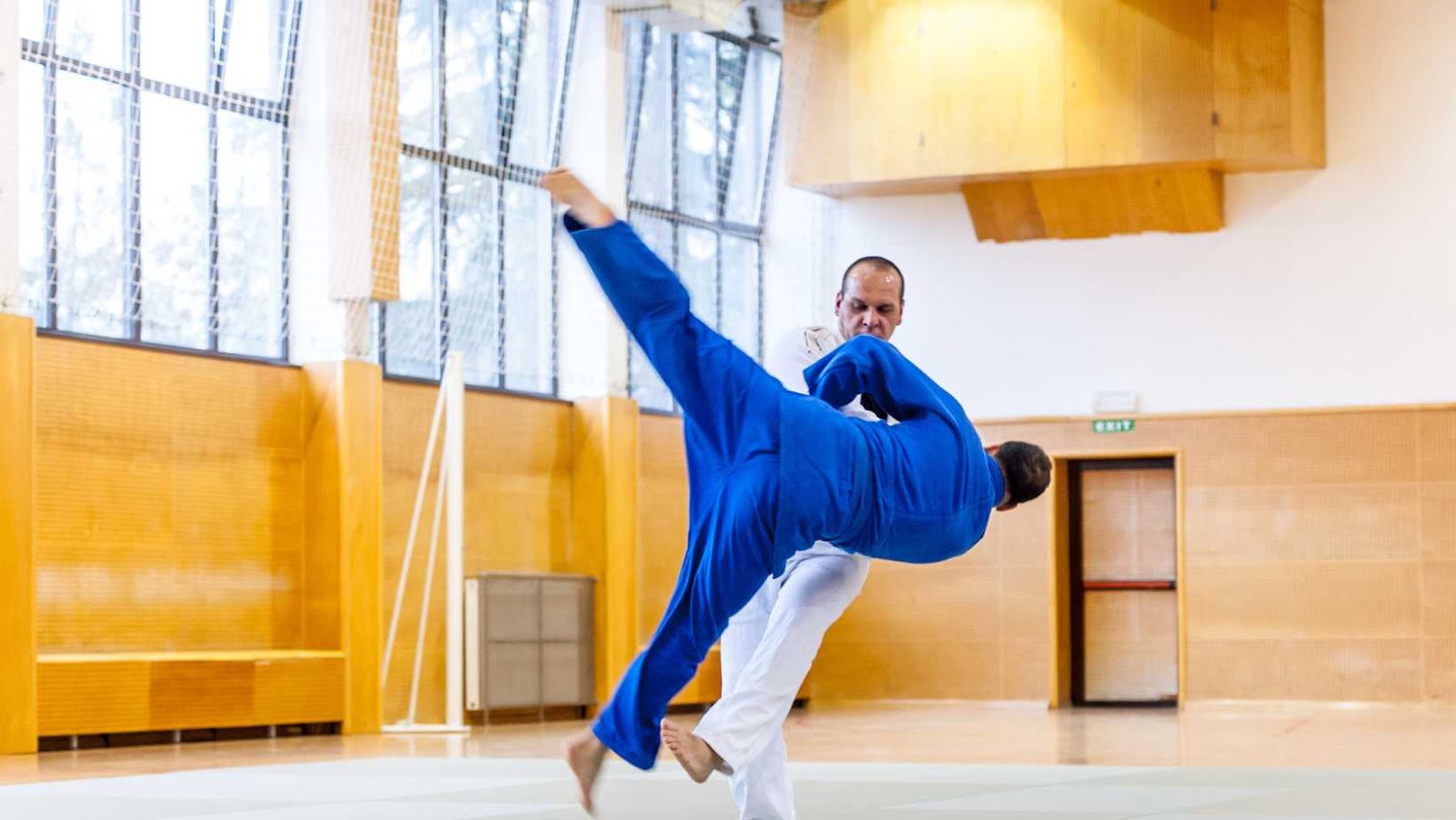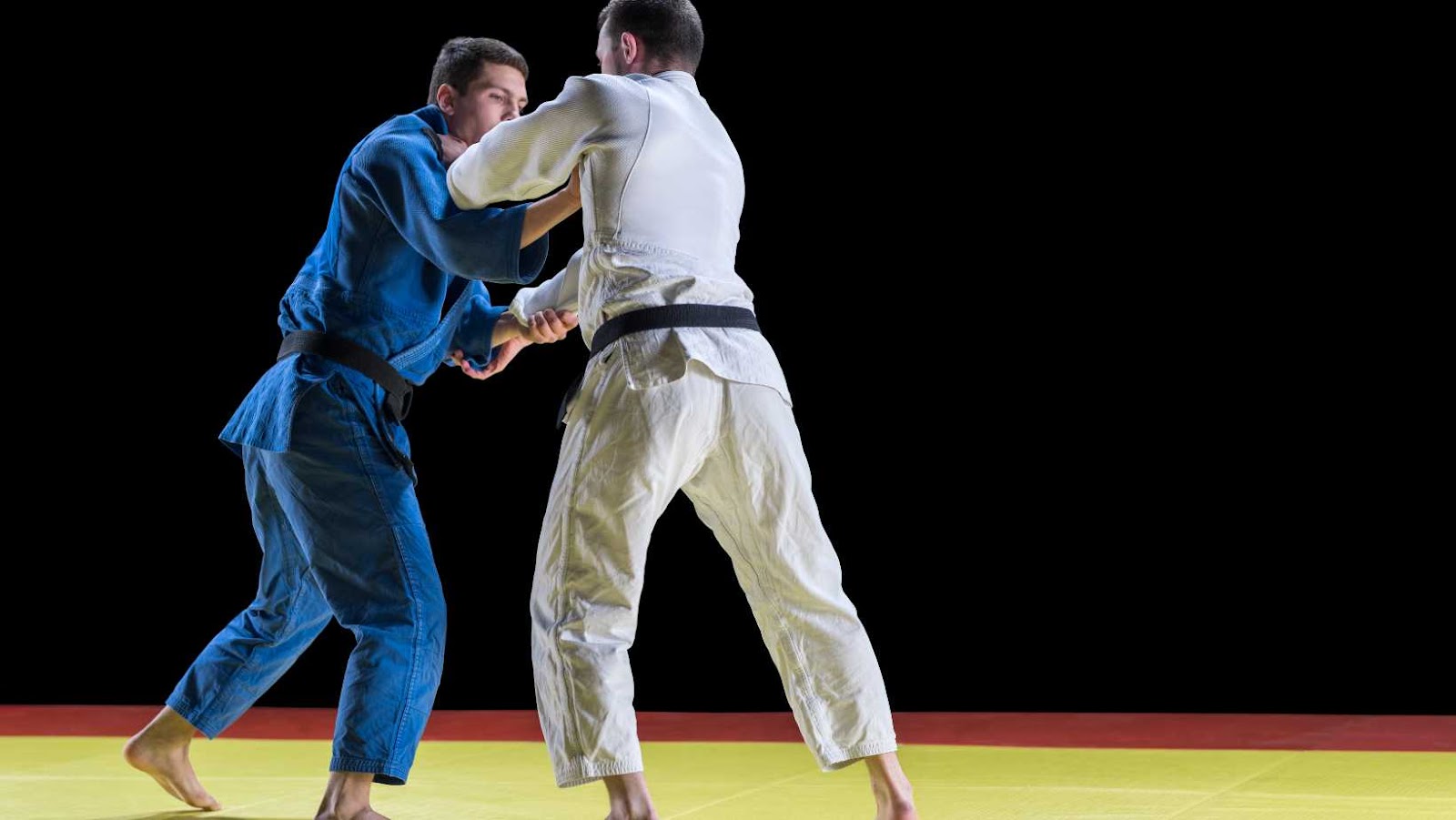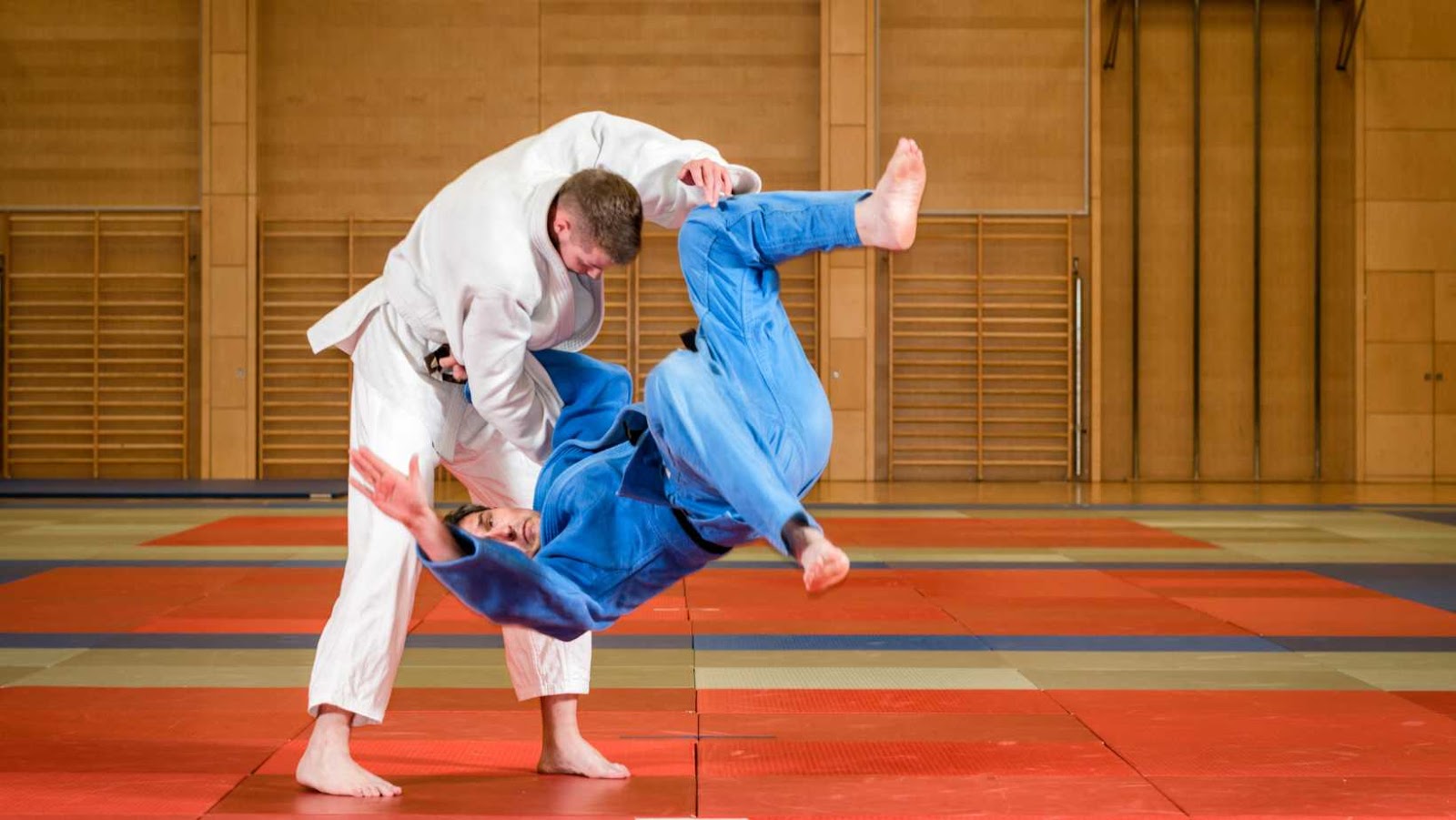It’s the Olympics! And in the spirit of international competition, we’re pitting Mexico against the Philippines in a battle of the judo mats. Who will come out on top?
History of Judo
Judo is a martial art that was created in Japan in the late 19th century. It is a system of self-defense that incorporates throws, joint locks, and takedowns. Judo was created as a physical and mental discipline by Jigoro Kano, who was a student of jujutsu. Jujutsu is a Japanese system of self-defense that dates back to the feudal period. Kano’s intention was to create a system that was more efficient and effective than jujutsu. He also wanted to create a system that would be safe for students to practice. Judo became an official Olympic sport in 1964. The first gold medal in judo went toAnton Geesink of the Netherlands. He won the heavyweight division. The first woman to win a gold medal in judo was Yuko Emoto of Japan. She won the lightweight division at the 1984 Olympic Games in Los Angeles. Judo is practiced by millions of people around the world. It is especially popular in countries with large populations of Japanese descent, such as Brazil and Argentina.

The Rules of Judo
Judo is a competitive sport that originated in Japan in the 1880s. It is now an official Olympic sport, with both men’s and women’s competitions. The object of the game is to either throw or takedown an opponent to the ground, immobilize or otherwise subdue an opponent with a pin, or force an opponent to submit with a joint lock or a choke. Points are awarded for successful throws and takedowns, and for holding an opponent in a pin or choke. The match ends when either one competitor scores enough points to win, or the time limit expires. Judo is primarily a stand-up sport, but there are also ground fighting techniques. Judo takedowns are typically done by gripping the opponent’s clothing – called a “gi” – and throwing them to the ground. Once on the ground, competitors can try to submit their opponents with pins or joint locks. Chokes are also allowed, but only in competition – they are illegal in traditional judo training because they can cause serious injury. Judo is governed by the International Judo Federation (IJF), which has over 200 member nations. The IJF sets the rules of judo, and determines which judo throws and techniques are legal in competition. The IJF also oversees international judo competitions, including the Olympic Games.
The Benefits of Judo
Judo is a unique sport that has many benefits for those who practice it. For one, it is an excellent form of self-defense. In addition, judo can help to improve fitness and coordination, and can be a fun way to meet other people. Judo is also a great way to relieve stress, and can be an excellent form of exercise for both the mind and body. Judo can be practiced by people of all ages and abilities, making it a great activity for families or groups of friends.
Mexico vs Philippines Olympics Judo
There are many differences between Mexico and the Philippines when it comes to Judo. For one, Judo is not as popular of a sport in the Philippines as it is in Mexico. In addition, the two countries have different approaches to the sport. In Mexico, Judo is mainly seen as a way to stay in shape and is not taken as seriously as other sports such as soccer or basketball. The country has produced some world-class athletes, but most Mexicans view the sport as a recreational activity. In contrast, the Philippines takes Judo much more seriously. The country has a strong national team that regularly competes at the international level. Philippine Judo athletes are often highly decorated and have won numerous medals at prestigious competitions such as the Olympics and the World Championships.

The Similarities Between Mexico And The Philippines
Both Mexico and the Philippines are two countries located in different parts of the world. Although they have many differences, there are also several similarities between the two. Both countries are former Spanish colonies, and as a result, both speak Spanish as their official language. Catholicism is the predominant religion in both countries, and both have a rich culture and history. Judo is a relatively new sport in both Mexico and the Philippines. It was introduced to the Philippines in the early 1970s by Japanese immigrants, and became an official Olympic sport in 1972. Mexico hosted the first Olympic judo tournament in 1968. Both countries have had success in judo competitions at the international level. In 2008, Philippine judoka Tomohiko Hoshina won a silver medal at the Beijing Olympics, becoming the first Filipino judoka to win an Olympic medal. In 2012, Mexican judoka María Espinoza won a gold medal at the London Olympics, becoming Mexico’s first ever Olympic champion in judo. Judo is a popular sport in both countries, with thousands of athletes competing at the grassroots level. There are many similarities between Mexican and Philippine judo, including the fact that both countries place a strong emphasis on discipline and respect.
